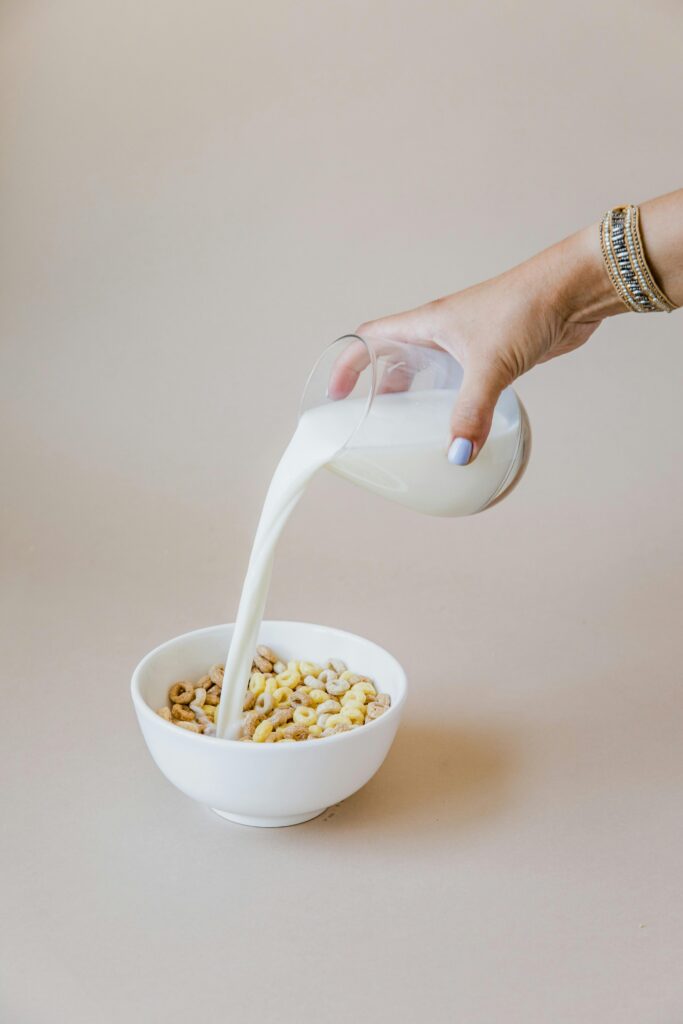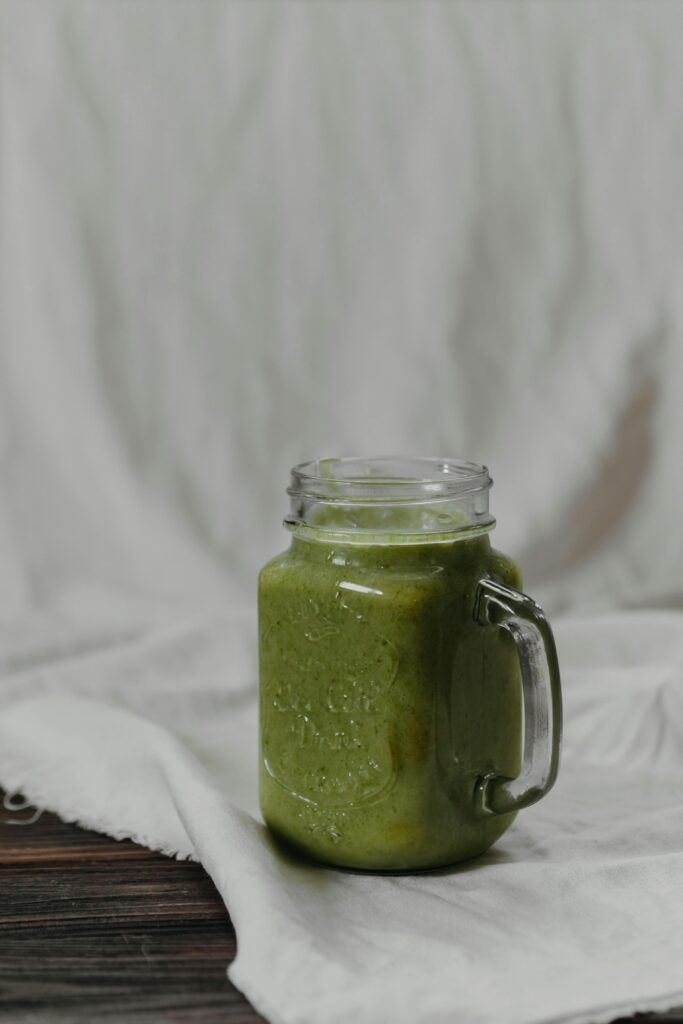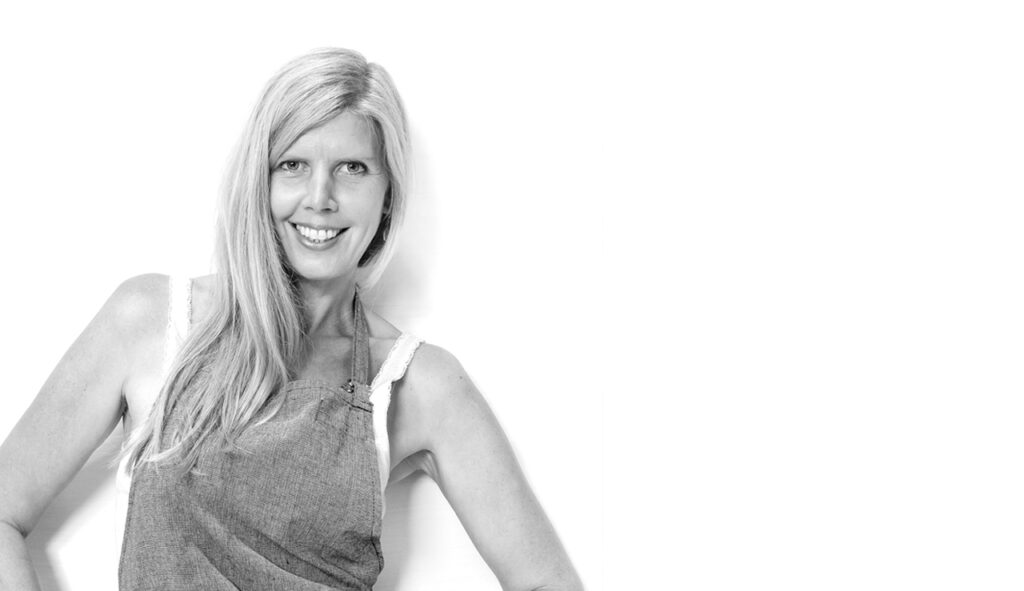The Audacity of Skipping Breakfast

We’ve all heard it: “Don’t skip the most important meal of the day.” Most of us have swallowed this mantra right along with our cereal and toast, rarely questioning where it came from or why breakfast was crowned king. A closer look reveals something intriguing: in the 1940s, nutritionists were hired by the General Foods Corporation to promote hearty morning meals on radio broadcasts. Their message? Breakfast fuels success. Their motive? Breakfast cereal sales.
To this day, many doctors and dietitians claim that breakfast eaters have lower LDL cholesterol, better blood pressure, sharper brain function, and healthier body weight. We’re told that a morning meal keeps our body clock on track and kick-starts metabolism. According to this narrative, we need carbs to trigger insulin, which signals the body to “wake up.” Eat breakfast, they say, and you’ll be more energised, more productive, slimmer, smarter—“Eat a Good Breakfast – Do a Better Job!”
But is it really biology speaking? Or brilliant marketing?
The Breakfast Invention
It doesn’t take much digging to uncover that our modern breakfast culture developed hand-in-hand with the rise of packaged cereals, courtesy of General Foods (now Kraft). We’ve been taking dietary advice from corporations with a financial interest in our bowls. That alone invites a pause.
Paul Freedman, editor of Food: The History of Taste, states there’s no biological requirement to eat three fixed meals a day. In ancient Rome, one meal a day was considered ideal. Abigail Carroll, in The Invention of the American Meal, notes that Native Americans grazed throughout the day—no rigid meal times at all.
In other words, breakfast is not a biological law. It’s a cultural construct. So, is it truly “the most important meal of the day”? Suggesting we skip it may sound audacious—but stay with me.
Morning: A Natural Cleansing Time
When we sleep, we fast. By morning, we are still in that fasted state—hence the term break-fast. During fasting, the body initiates a remarkable process called autophagy, where cells clean house—removing damaged proteins, burning waste, and repairing tissues. Extending that fast by delaying solid food intake allows autophagy to continue, enhancing cellular healing and potentially preventing diseases like IBS and even cancer.
What supports this natural morning cleanse?
Hydration. Fluids like lemon water, green juice, celery juice, or coconut water.



What stops it?
A heavy meal of fats, proteins, and refined carbs.
The moment we introduce a dense meal, the body shifts gears from cleansing to digesting. Contrary to popular belief, breakfast does not “ignite metabolism”; it often interrupts detox. Unless, of course, breakfast itself is cleansing.
Focus, Energy & Cognitive Clarity
We’ve been told we need breakfast for mental performance. But digestion is energy-intensive. Heavy meals can make us sluggish, not sharp.
By avoiding fats, proteins, and refined carbs early in the day, many people experience greater mental clarity, alertness, and focus. Nutrient-dense liquids—rich in minerals and antioxidants—can energise without burdening digestion.
Weight Loss Myths
Studies published in The American Journal of Clinical Nutrition and research from Cornell University challenge the idea that breakfast promotes weight loss. In fact, participants who skipped breakfast often consumed fewer calories overall and lost more weight—without negative metabolic effects.
Does Breakfast Set the Tone for the Day?
Absolutely. But not always in the way advertised.
Breakfasts high in refined carbohydrates can cause blood-sugar spikes followed by insulin crashes, leading to rebound hunger and cravings. Start with processed cereal or pastries, and it’s easy to spiral into similar choices later.
Start with cleansing nourishment—hydration, greens, fruits—and the opposite happens. You set a tone of care, vitality, and nourishment.
What My Mornings Look Like
My morning ritual is a cleansing occasion.
I begin with liquids: lemon water, fresh green juice, celery juice, or a deeply nourishing smoothie. Most people are deficient in leafy greens; juicing and blending are the fastest delivery systems for minerals, vitamins, and phytonutrients with minimal digestive load. A single glass us enough to out-nourish a traditional breakfast.
Green juices and superfood smoothies:
- Hydrate
- Boost immunity
- Provide natural energy
- Support weight loss
So… Should Everyone Skip Breakfast?
Not necessarily. If your body truly asks for food in the morning, eat—but choose food that supports healing rather than halts it. If ever there is a moment to eat intentionally, it’s when breaking your fast.
Delaying heavy foods and prioritising cleansing can give your organs time to complete their overnight repair. In our modern world, one thing most of us desperately need—but rarely prioritise—is detoxification.
Five Clean Breakfast Ideas
- Fruit salad with a sprinkle of spirulina or bee pollen
- Smoothie bowl with homemade granola or muesli
- Steamed vegetables – who says breakfast can’t be plant-based savoury?
- Overnight oats with fresh berries
- Warm porridge (buckwheat, quinoa, or millet)

Shanti Maria Allen
Founder of Alchemy Academy and Alchemy Restaurant
Recipe Developer & Author